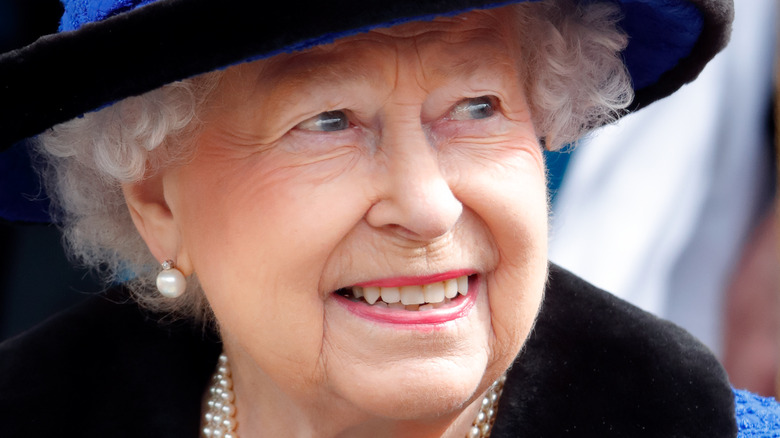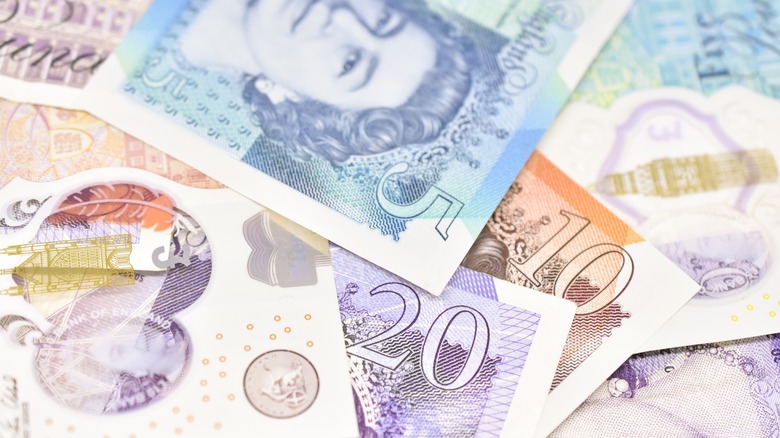Paying taxes andfiling a tax returncan be a bit of a nightmare at the best of times, let alone when you’re a royal, or even better, the queen.
Believe it or not, the sovereign of England currently Queen Elizabeth II islegally exempt from paying certain taxesin the United Kingdom because some Acts of Parliament are not applicable to the royal family (viaTown & Country).
This essentially means that certain legislations passed by parliament don’t apply to the crown in the same way that they do for the average Joe public.

According to theroyal family’s website, crown bodies such as The Duchy of Lancaster a portfolio of land, property, and assets held in trust for the sovereign in their role as king or queen used to meet official and private expenditure - are not obligated to pay income tax, capital gains tax, or inheritance tax, and the sovereign has no legal liability to pay those taxes.
The queen owns several castles and estates across the U.K., which are still subject to council tax which, perCitizens Advice, “is a tax on domestic property.”
However, the estates that the queen inherited from her father King George VI, such as Balmoral and Sandringham, are not subject to the same tax laws as inheritance from monarch to monarch is not taxable.

The Queen still pays a voluntary contribution, in return for this sweet tax break
Even though she technically doesn’t have to,Queen Elizabeth IImakes voluntary payments to HM Revenue & Customs (known as the HMRC, the U.K. equivalent of the IRS) every year.
In 1992, the queen voluntarily paid income tax and capital gains tax, which led to the publishing of the “Memorandum of Understanding on Royal Taxation” report in 1993, and her personal income has been taxable in the same way as any other taxpayer since 1993 (viaTown & Country).
The memorandum states that the queen and the Prince of Wales (and intended future sovereigns) will make voluntary payments to the HMRC “in lieu of tax to compensate for their tax exemption,” the details of which are private says theroyal family’s website.
This essentially means that instead of the usual taxes that the U.K. public pays, the queen pays a sum equivalent to income tax on her private income income derived from her personal investment portfolio and private (and inherited) estates and income from the Privy Purse (the private finances and estates of the sovereign, which includes the Duchy of Lancaster) that is not used for official purposes.
After all, it’s only fair really that the royal family contributes like the average citizen, and contributing a voluntary sum in return for their tax exemptions seems like a good way to do it.